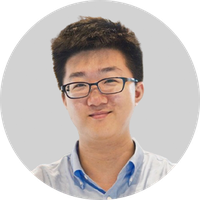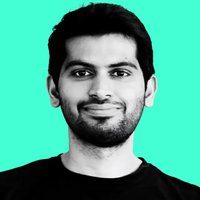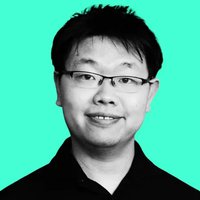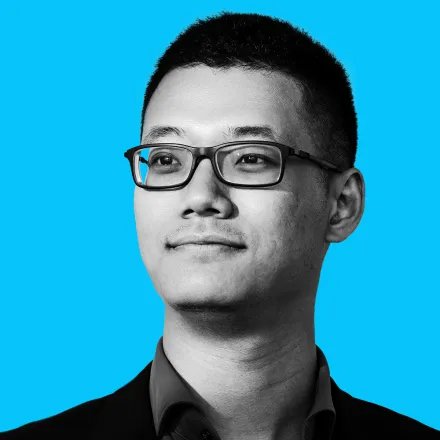Artificial intelligence & robotics
Shawn Shan
He builds tools to help artists protect their copyright.

Asia Pacific
Jiaming SONG
Leading the development of the video generation model, Dream Machine, and breaking through the boundaries of large-scale AI models.

Global
Deepak Pathak
He’s teaching robots to learn on the fly.

Global
Fangyu Zhang
He created tiny, drug-carrying biorobots to treat pneumonia and possibly cancer.

Global
Shuran Song
She’s making robots more helpful, useful, and adaptive in everyday life.
